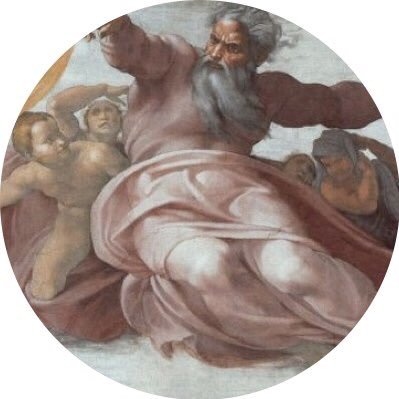Reading Léon Werth's “33 Days”, the lenght of time he and his wife spends on the road after leaving Paris, trying to cross the Loire in 1940. But he is caught up in the fighting and forced to shelter with a diverse cast of characters. His portraits of them are very astute.
Alex Langlands on the story of how the early neolitihic farmers laid the foundations for human agriculture and in turn civilization by clever application of boundaries and partitions: walls, hedges, and ditches.
Low tech means incredibly robust systems: in 1945, within three days of being hit point blank by a nuclear bomb Hiroshima trams were cleaned up and put back into service, staffed by high school girls. Feel free to compare with your modern system.
More art came out of (walled) renaissance Florence in 70 years than the entire Western World in the last 70 years. Meanwhile our elites are fighting for the chance to turn the entire Earth into a giant suburb, for their profit margin.
Antoine Helbert's drawings of Byzantine architecture and townscapes of Constantinople are absolutely gorgeous. https://t.co/8tN2Xy0SSj
“Civilization is not an endless succession of inventions and discoveries, but the task of ensuring that certain things last.”
— Nicolás Gómez Dávila
“Our laws have broken our homes, our inheritance, and the perennial of example and tradition. I see only ruins around us.”— Honoré de Balzac
James Walsh on medieval elderly care in Europe, here focusing on the guilds, but equal efforts were undertaken by religious institutions.
"If we love what is noble, we become noble."
— Venerable Fulton J. Sheen
“Postmodern culture is a loveless culture, which is afraid of beauty because it is disturbed by love.”
— Roger Scruton, Beauty




















